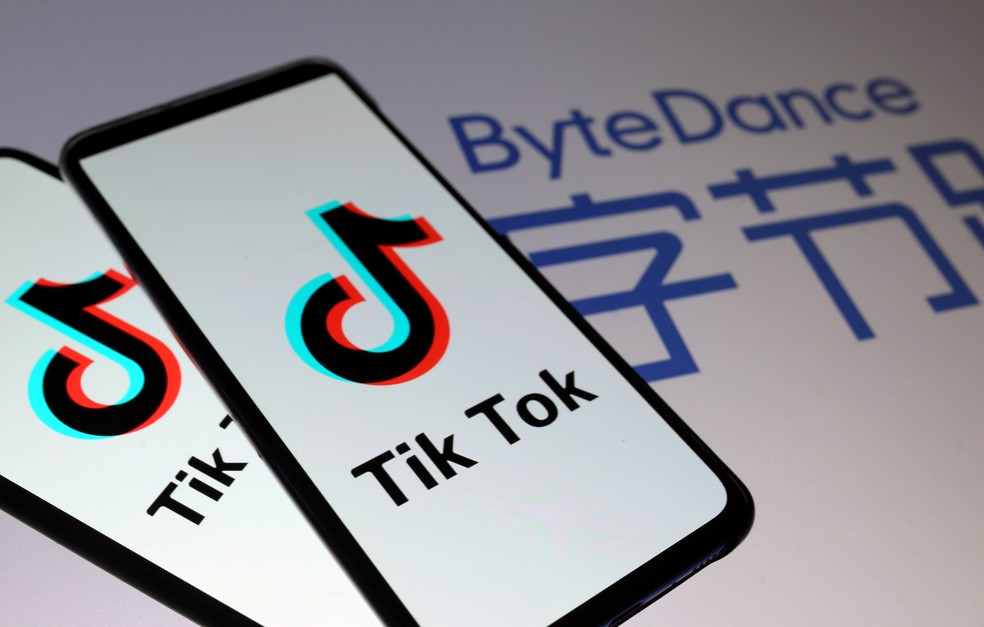No products in the cart.

Information is from the Reuters agency. ByteDance reduced its Indian workforce after the country’s government maintained a ban on its popular TikTok video application.
Chinese company ByteDance told a court in India that the government’s freezing of its bank accounts is tantamount to harassment and was done illegally, according to a document obtained by Reuters.
The action by the Indian authorities was taken in an investigation of possible tax evasion by the company that owns the TikTok.
In January, ByteDance reduced its Indian workforce after the Indian government maintained its ban on its popular TikTok video application, imposed last year after a border clash between India and China. Beijing has repeatedly criticized India for this ban and other Chinese applications.
Frozen accounts
In mid-March, an Indian tax intelligence unit ordered HSBC and Citibank in Mumbai to freeze ByteDance India’s bank accounts while investigating some of the unit’s financial transactions. ByteDance contested the freezing of the four accounts in a Mumbai court.
None of ByteDance India’s employees received their March salaries due to the freezing of accounts, said two people familiar with the matter. The company told the court that it has 1,335 employees, including contractors.
In the 209-page lawsuit filed in court on March 25, ByteDance told the High Court in Mumbai that the authorities acted against the company without any material evidence and gave no prior notice, as required by Indian law, prior to such “action”. drastic “.
Blocking accounts “during the investigation process is tantamount to applying undue coercion,” argued ByteDance. The intention is to “unduly pursue the petitioner”.
India’s General Directorate of Goods and Tax Intelligence Service and the Ministry of Finance, which oversees it, did not immediately respond to requests for responses over the weekend.
ByteDance declined to comment on the lawsuit, but told Reuters on Tuesday it disagreed with the tax authority’s decision. HSBC declined to comment and Citibank did not respond.
What’s your reaction?
Love0
Sad0
Happy0
Sleepy0
Angry0
Dead0
Wink0






